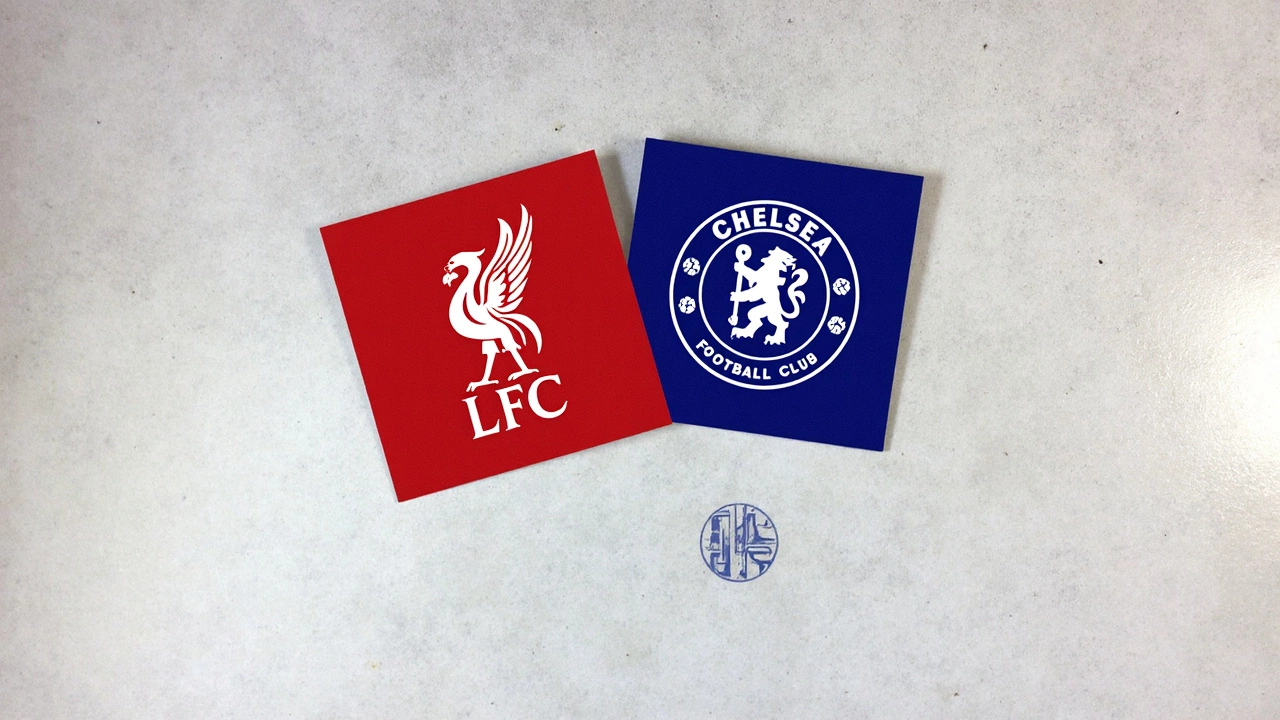Charity Match Guide: Why Football’s Good Deeds Matter
Ever wondered why clubs and players line up for a game that isn’t about league points? A charity match is a chance for football to give back. Fans get extra entertainment, players get a break from pressure, and real‑world causes receive vital cash.
What Makes a Charity Match Different?
A charity match follows the same rules as any other fixture, but the proceeds go straight to a chosen charity. Often the event is tied to a specific cause – a local hospital, youth programme, disaster relief, or a global campaign. Because the stakes are about helping people, the atmosphere is more relaxed and fans feel part of something bigger.
How the Money Gets Raised
Revenue streams are simple: ticket sales, sponsorship deals, and sometimes a live‑stream donation button. Clubs also sell special merchandise, like charity jerseys, with a percentage of each sale earmarked for the cause. Players may donate part of their wages for the day, and many bring celebrities or former stars to boost ticket demand.
For example, when a high‑profile player such as Marcus Rashford takes part, media coverage spikes and the donation total can double. Even a small local match can raise thousands if the community rallies around the cause.
Another key source is corporate sponsorship. Businesses love the PR boost of being linked to a good cause, so they often match fan donations or offer a lump‑sum contribution in exchange for branding on the pitch or kits.
Fans also chip in directly. Many clubs set up a QR code at the stadium that links to a donation page. Watching the game while scrolling on your phone and adding a few pounds feels effortless, yet the collective impact adds up fast.
Beyond money, charity matches raise awareness. When a match is streamed on social media, viewers learn about the cause, share stories, and may get involved long after the final whistle.
So, if you’re a fan looking to get more out of the sport, grab a ticket to the next charity match. You’ll enjoy the game, meet fellow supporters, and know that part of your spend helps a real‑world problem. It’s a win‑win for everyone involved.
